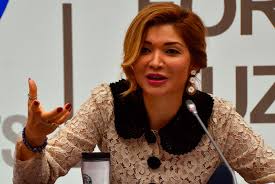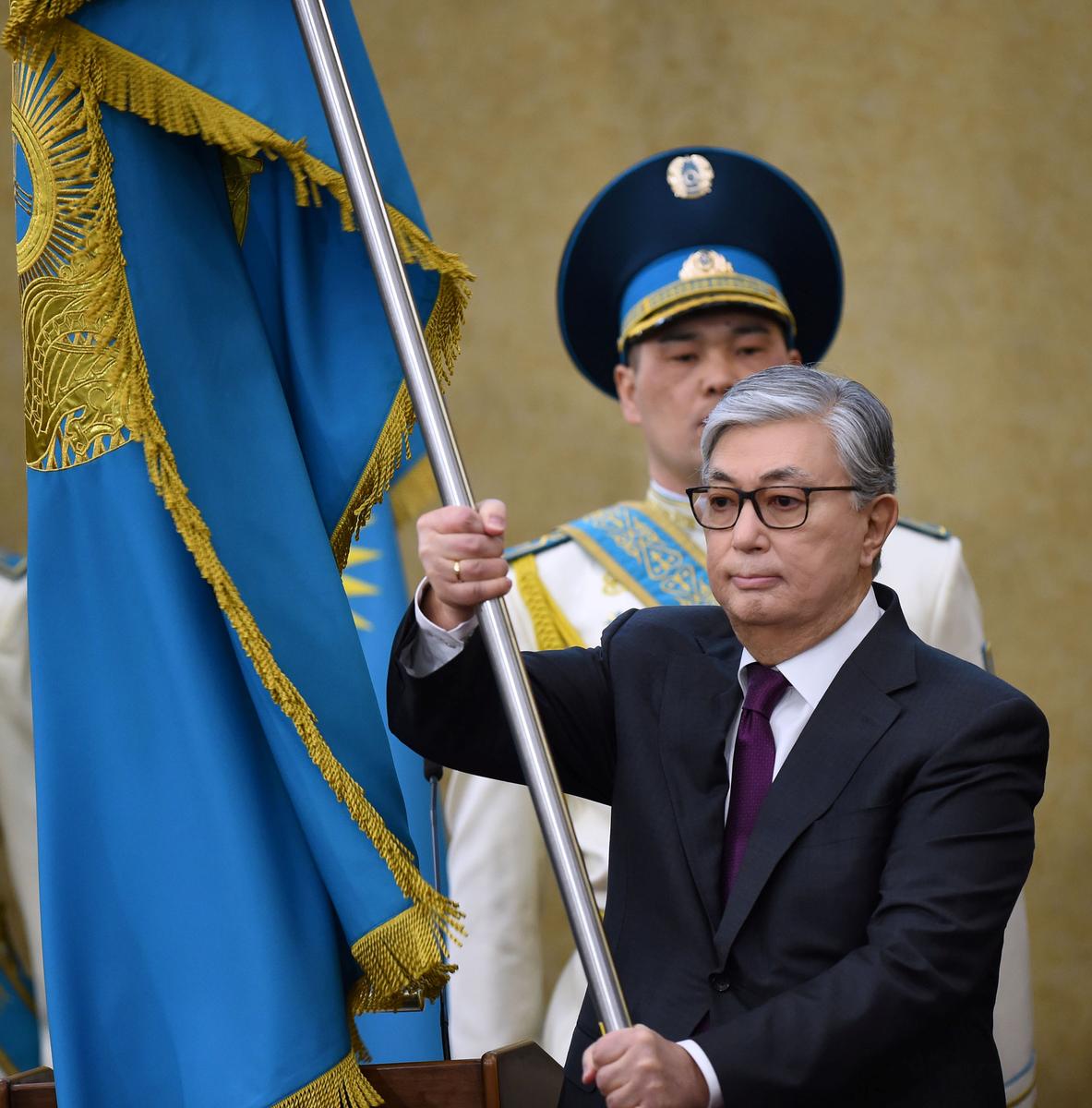
ASTANA (Reuters) - Kazakhstan took a step closer to a carefully choreographed dynastic succession on Wednesday as the daughter of its long-serving ruler was named to a post that put her in line for the presidency a day after her father stepped down.

ASTANA (Reuters) - Kazakhstan took a step closer to a carefully choreographed dynastic succession on Wednesday as the daughter of its long-serving ruler was named to a post that put her in line for the presidency a day after her father stepped down.

An aging leader steps down as president but keeps a firm grip on the reins of power. For many in the Kremlin, the choreographed events unfolding in neighboring Kazakhstan are a model for Russian President Vladimir Putin to consider.
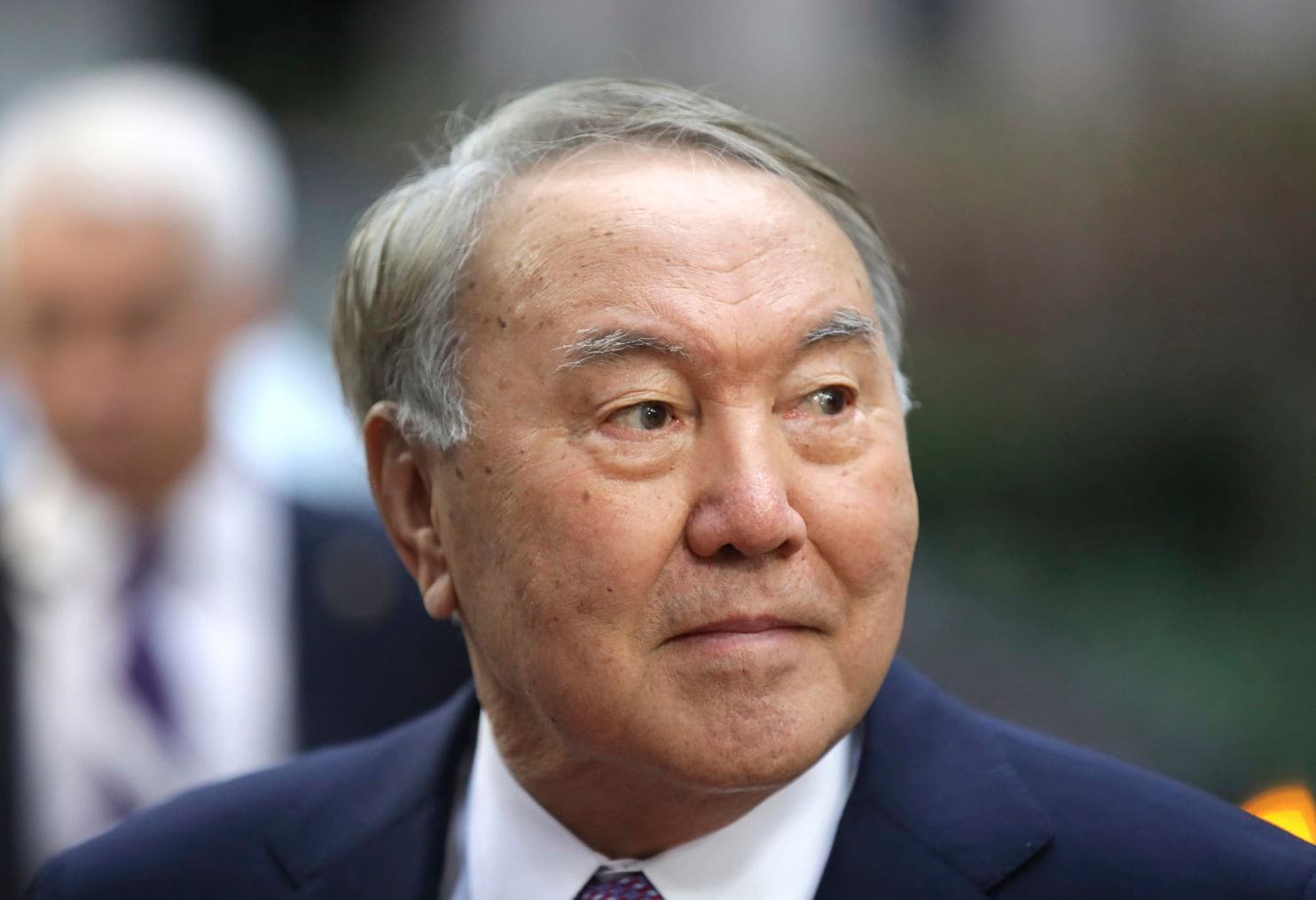
Kazakh President Nursultan Nazarbayev said Tuesday that he was stepping down, touching off a potentially perilous period of transition in one of the world’s most geopolitically fragile regions.
Nazarbayev has ruled Kazakhstan, Central Asia’s largest country, since it became an independent state with the collapse of the Soviet Union. On Tuesday, he said in a nationally televised address that after nearly 30 years in power, it was time to leave the presidency.
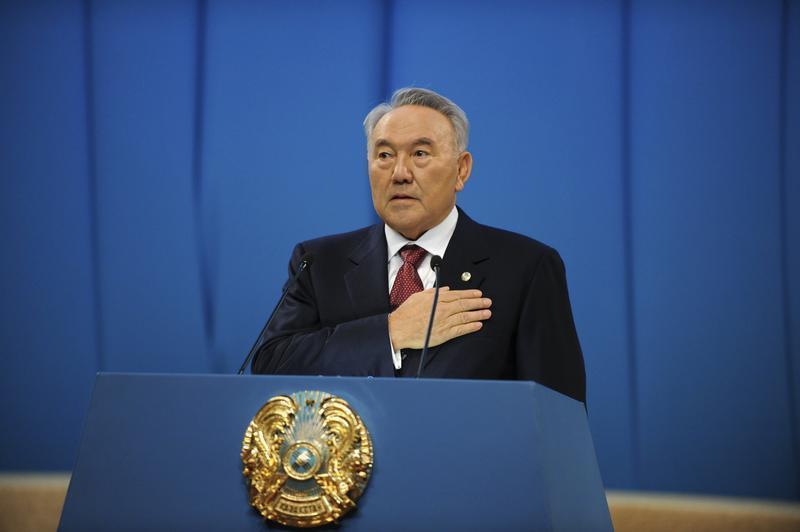 Kazakhstani President Nursultan Nazarbayev will turn 79 in July, and talk of an impending succession has significantly intensified since the end of last year. Numerous local experts noted the harsh criticism that the president leveled at domestic utilities companies during a November 2018 session of the Security Council.
Kazakhstani President Nursultan Nazarbayev will turn 79 in July, and talk of an impending succession has significantly intensified since the end of last year. Numerous local experts noted the harsh criticism that the president leveled at domestic utilities companies during a November 2018 session of the Security Council.
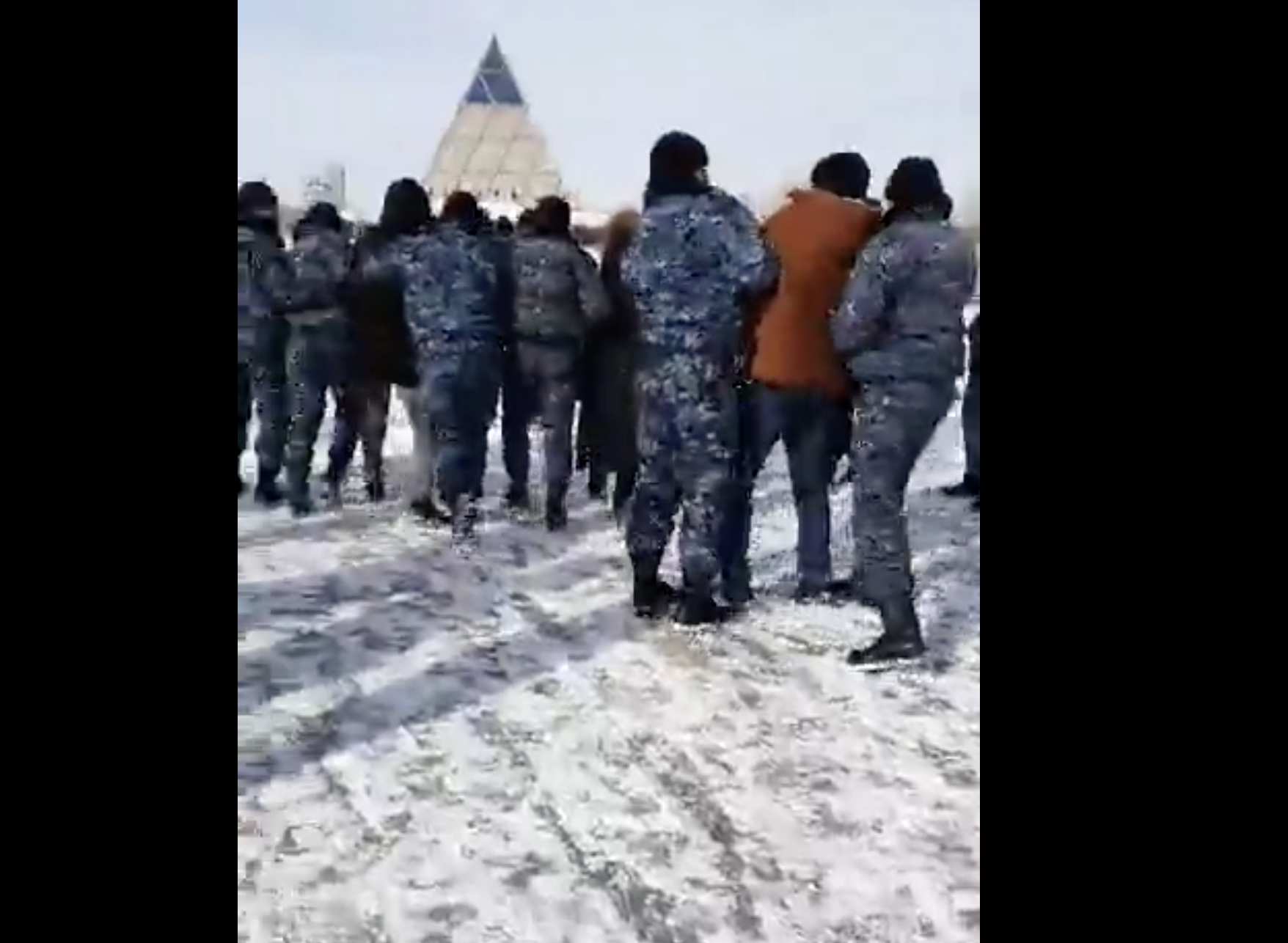
Dozens of people have been detained while attempting to demonstrate in Kazakhstan’s capital as the ruling party held its congress in the wake of a major government reshuffle triggered by the country’s weak economic performance.
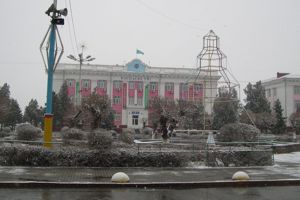
Police in Taraz – including anti-terrorism officers – raided two Baptist worship meetings on successive Sundays in February. Police summarily fined three Baptists and issued two warnings.
